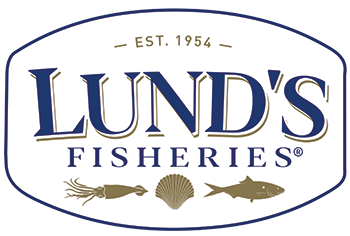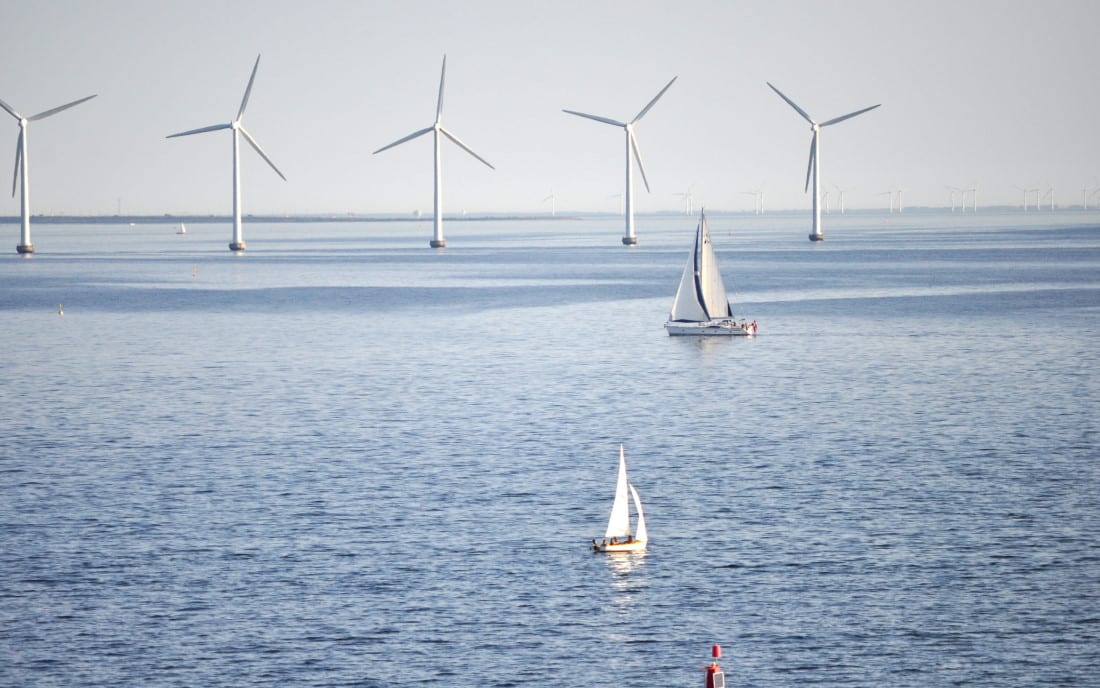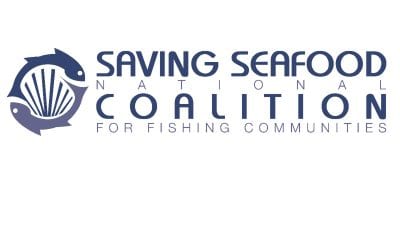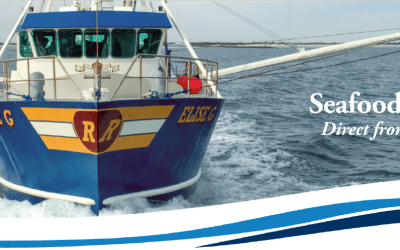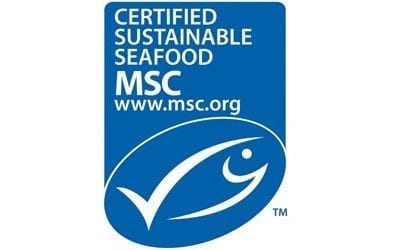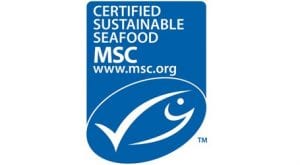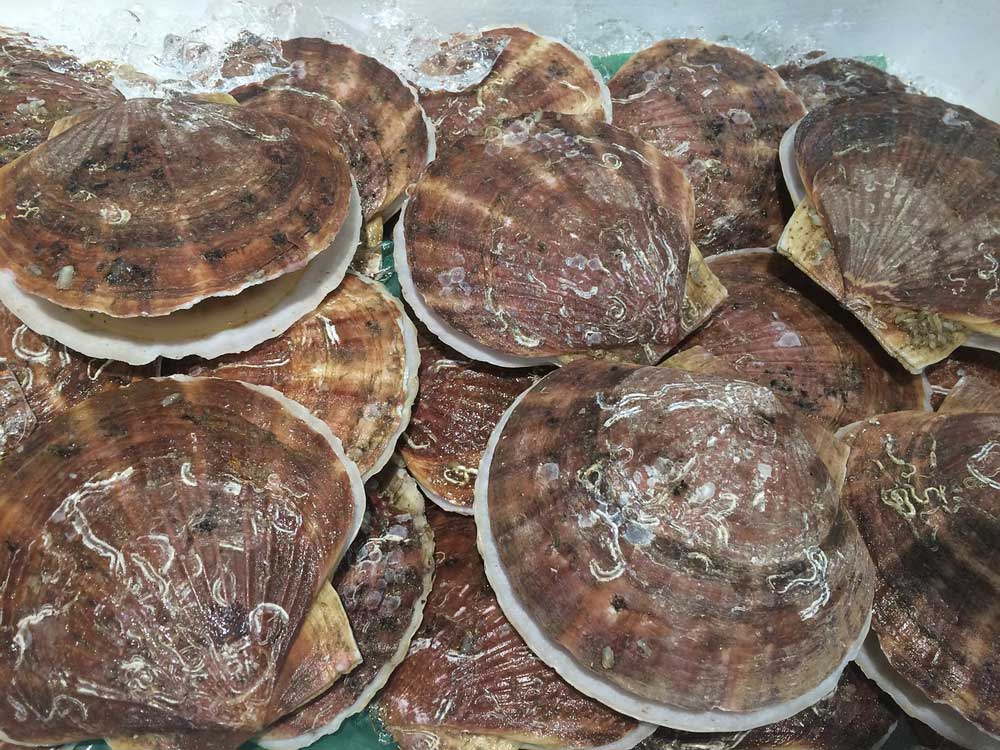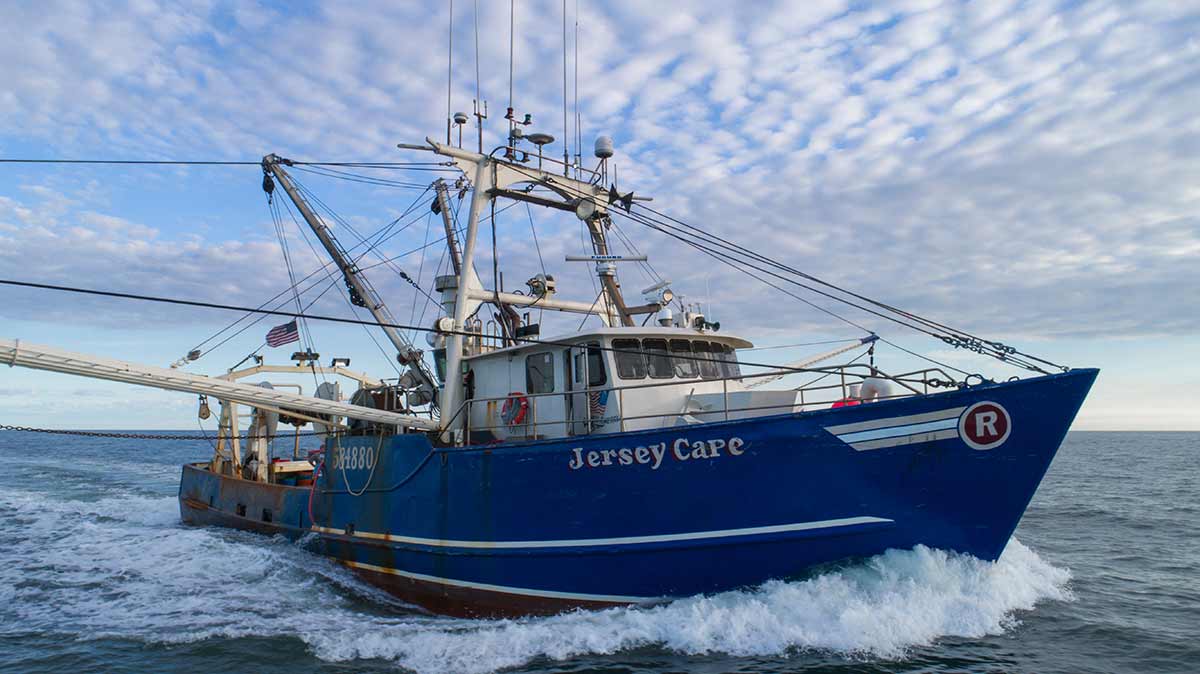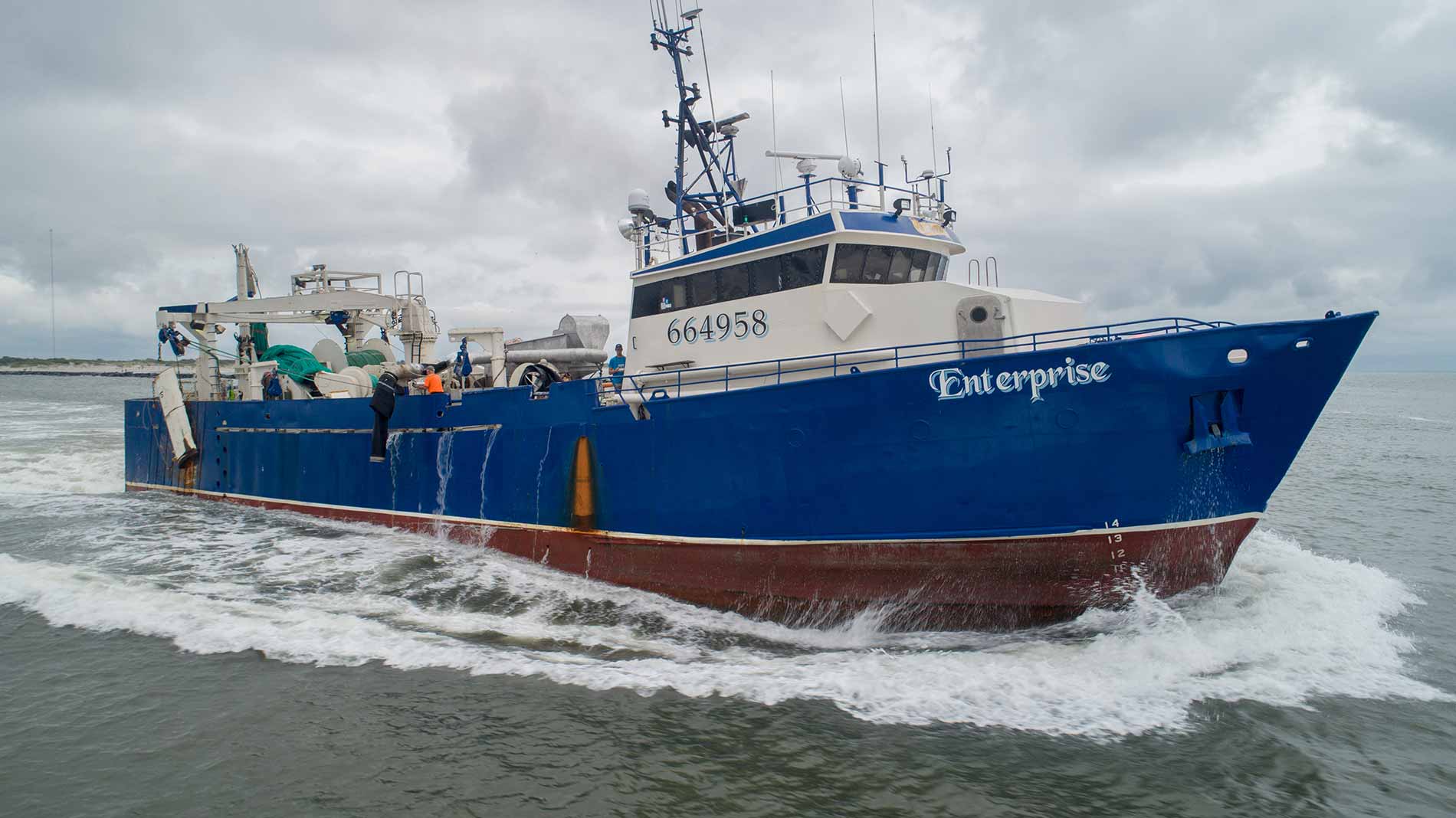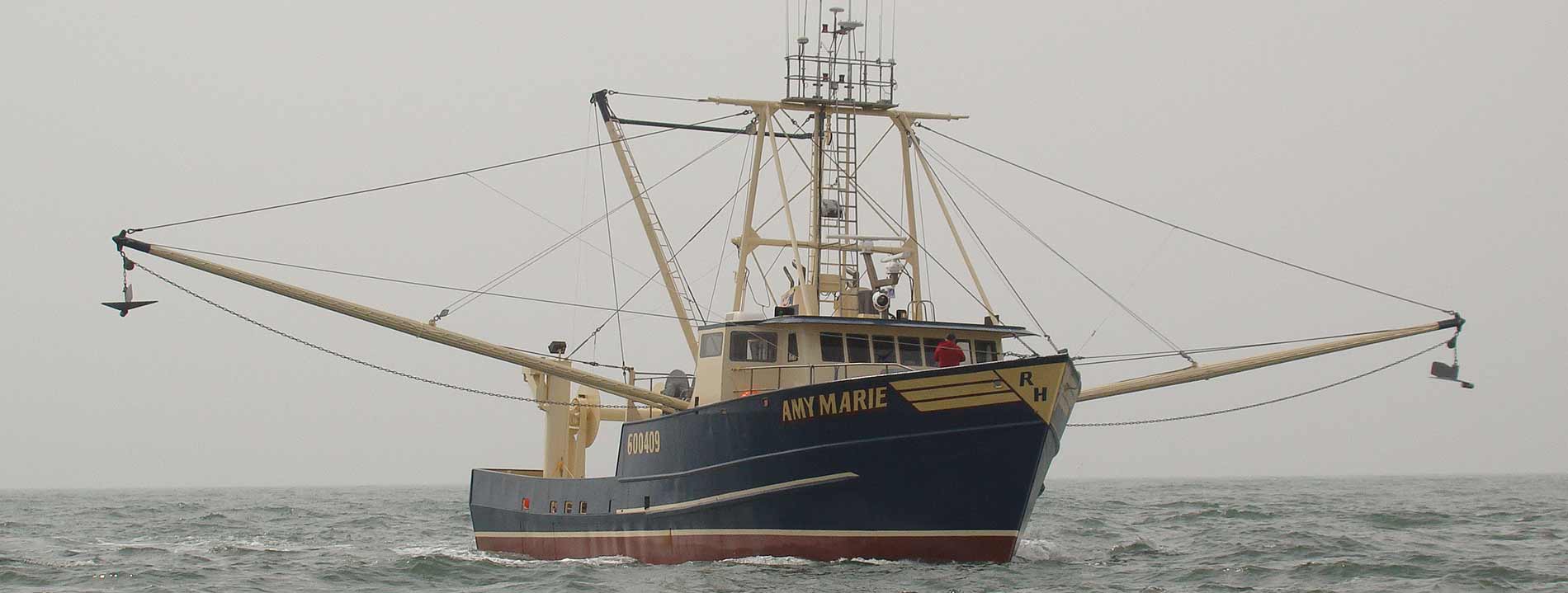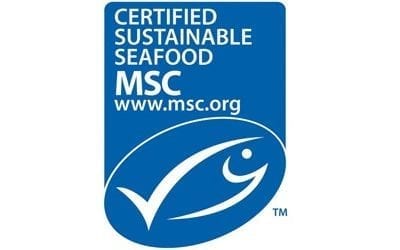A new environmental assessment of offshore wind power projects issued by the Bureau of Ocean Energy Management could lead to stricter conditions for developers seeking to build new facilities off the Northeast coast.
The first offshore wind project in federal waters is set to begin in 2023. Those in the fishing industry and related businesses have the tremendous opportunity to give our input regarding our concerns.
Click Here to Sign the Offshore Wind Petition
As featured in Politico:
- BOEM’s new supplement to the draft environmental assessment for the Vineyard Wind facility, planned off the coast of Massachusetts, found the project posed potentially “major” adverse impacts to sea life and other industries, particularly commercial fishing.
- The document is an update to the draft Environmental Impact Statement for Vineyard that BOEM issued in 2018. Last year, the agency announced it would extend the permitting process for the 800 MW facility so it could assess the impacts not just of that wind farm, but others planned by Northeastern states to meet clean energy targets.
- BOEM will take comments on the document for 45 days from the document’s publication in the Federal Register — something that the agency says will happen in the “near future.” But already analysts say the critical findings of the new report signal Vineyard and other projectswill face more rigorous scrutiny than envisioned in the original EIS.
Read more on the proposed draft at Politico.
“It is important that BOEM hear from members of the fishing industry and related businesses about your concerns about offshore wind as it considers approving the first wind project in federal waters.“
We, the undersigned, earn our livelihoods from the seafood industry. We are essential workers and an integral part of the nation’s food security, not just during a pandemic. Fishing has been the backbone of working waterfronts and coastal communities for generations, supporting not just the families of harvesters, but also those of dealers, processors, marine suppliers, service providers, grocers, restaurants, the tourism industry, and other sectors by providing healthy and sustainable seafood to the nation. Click Here to Sign the Offshore Wind Petition
